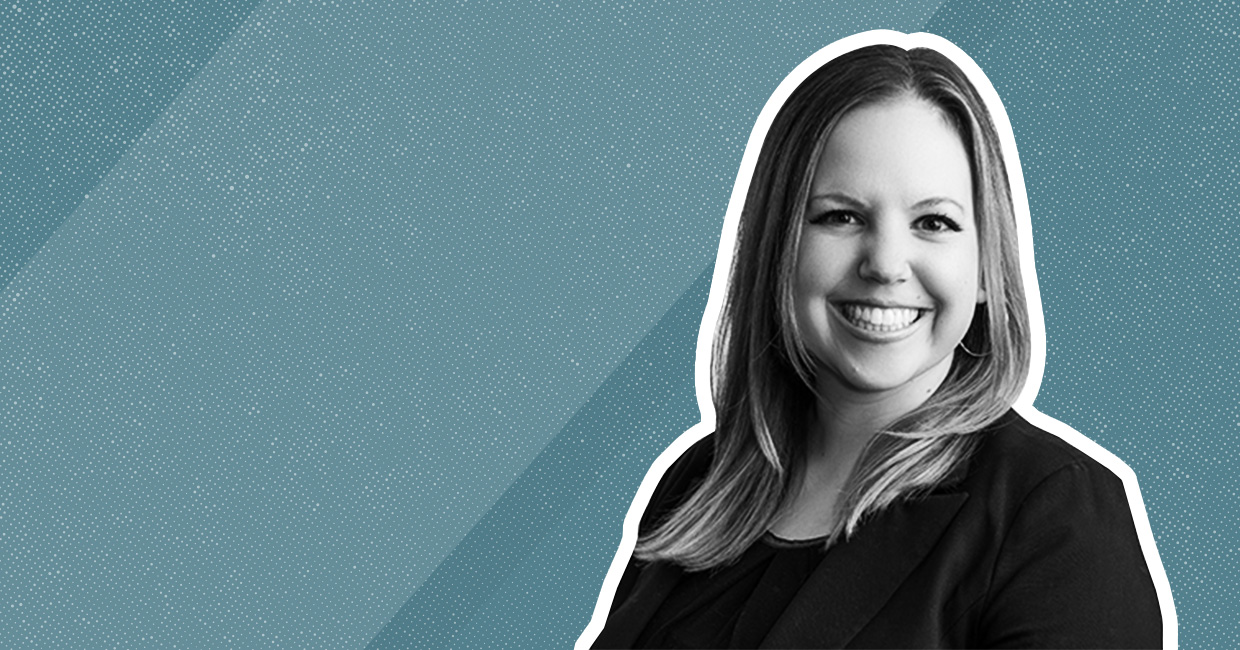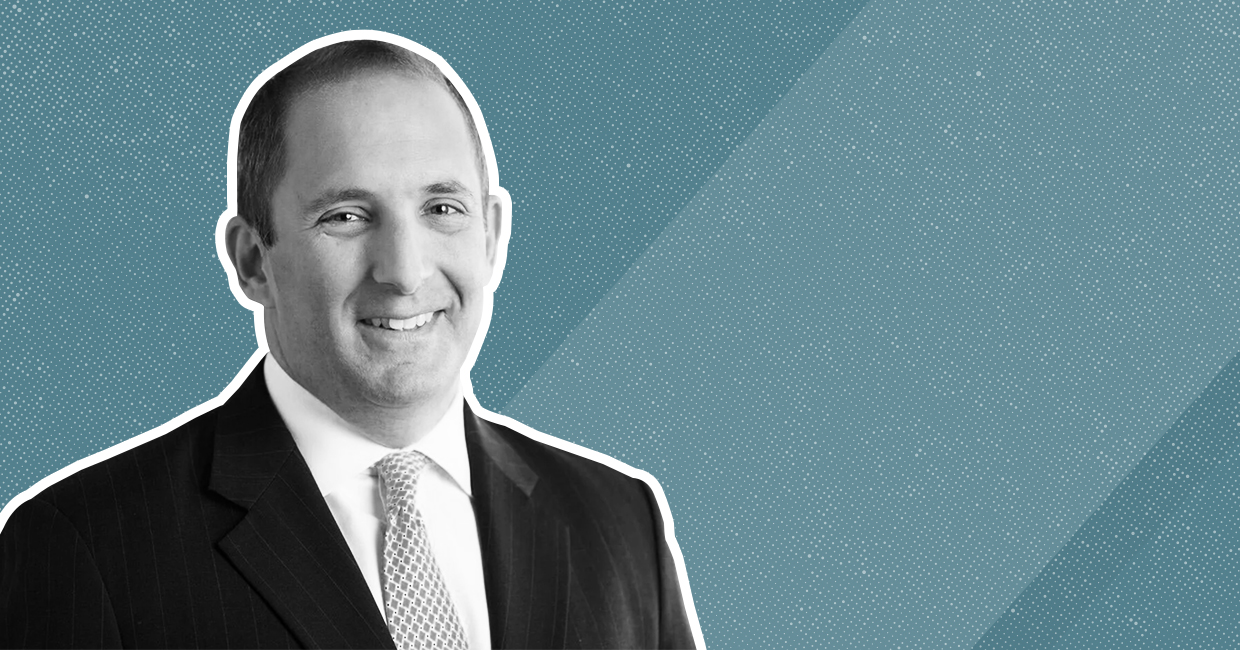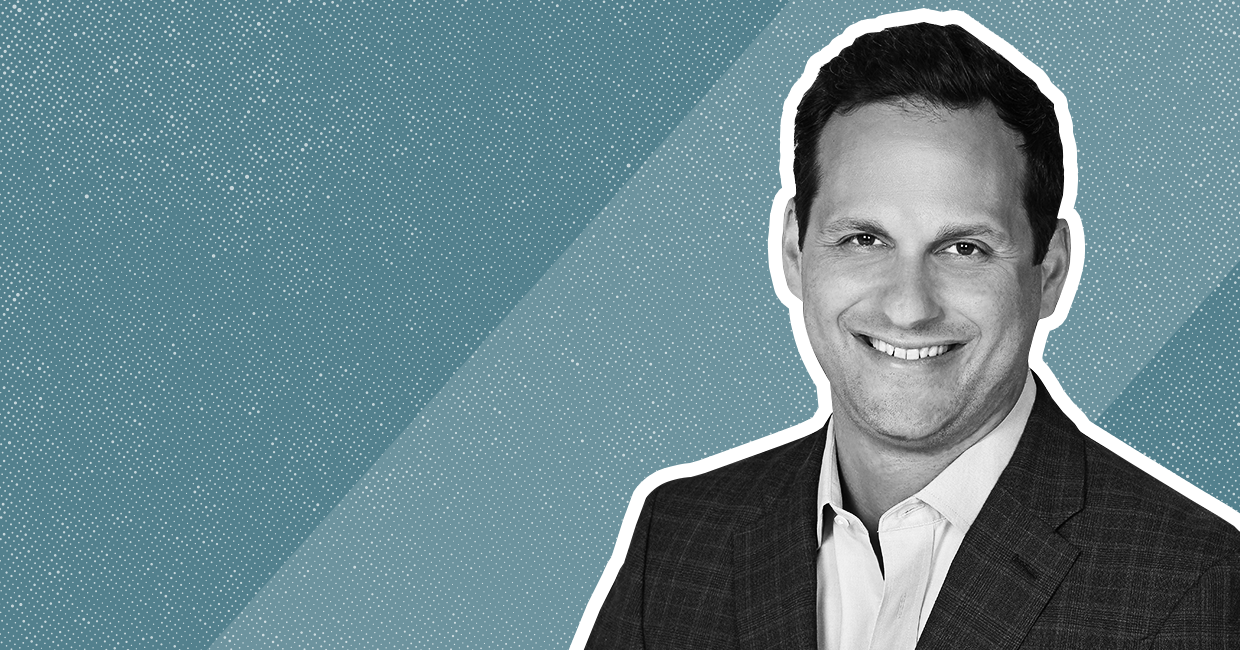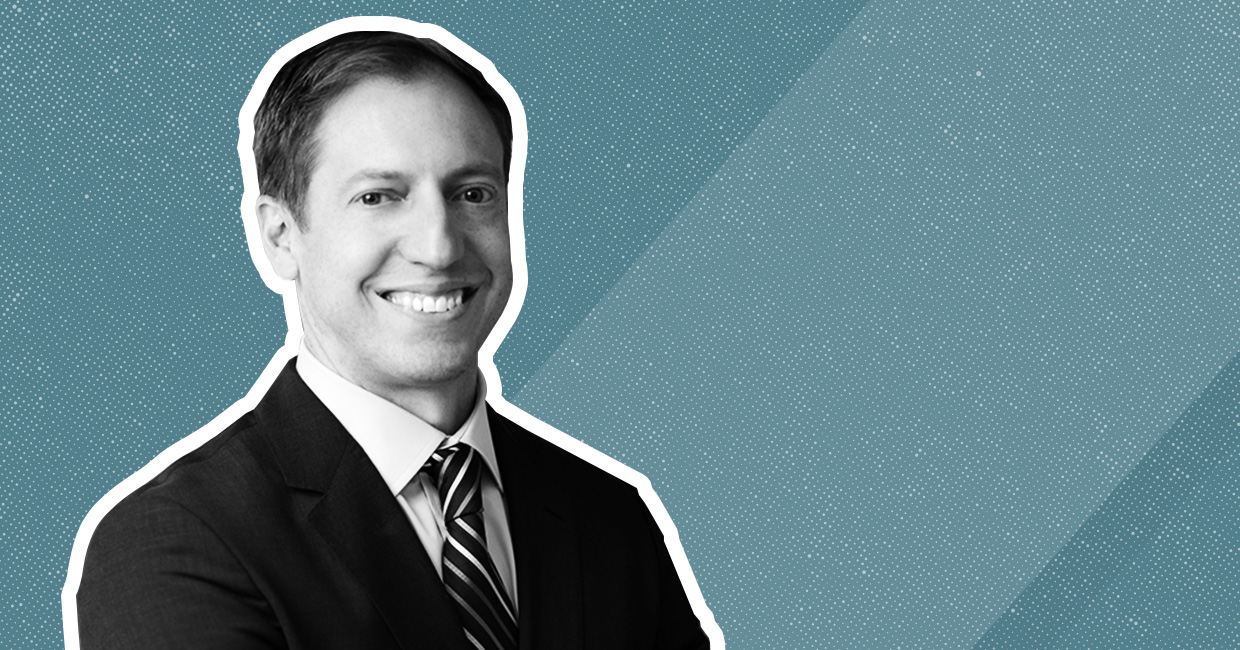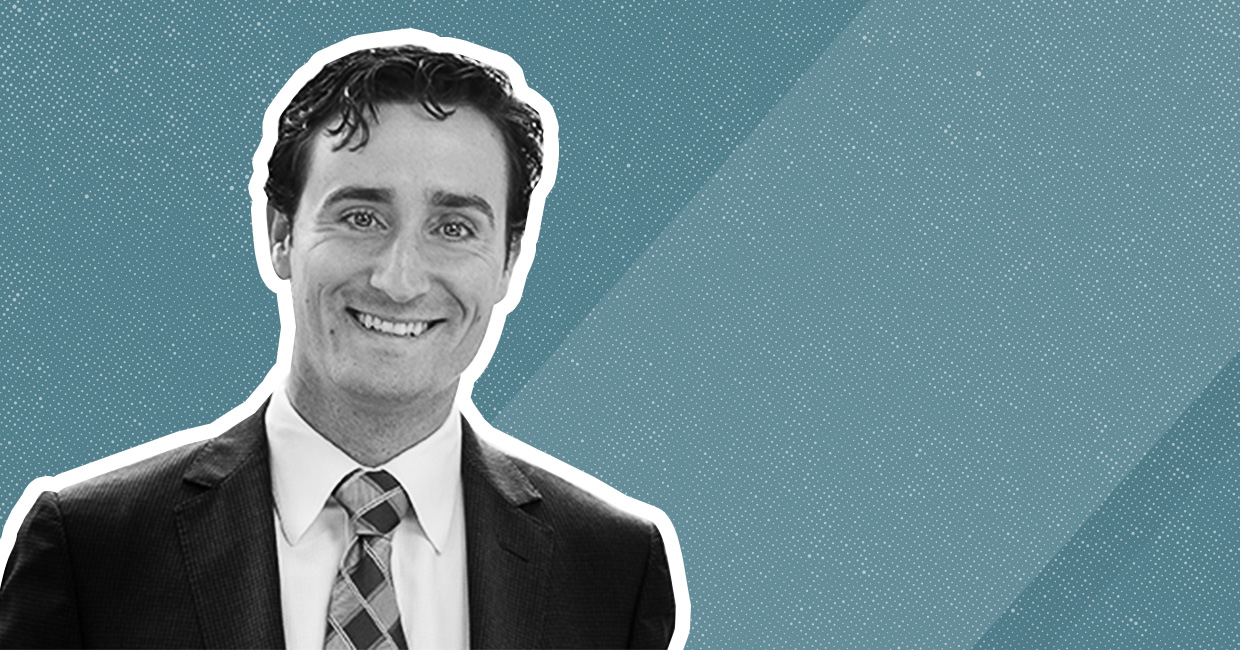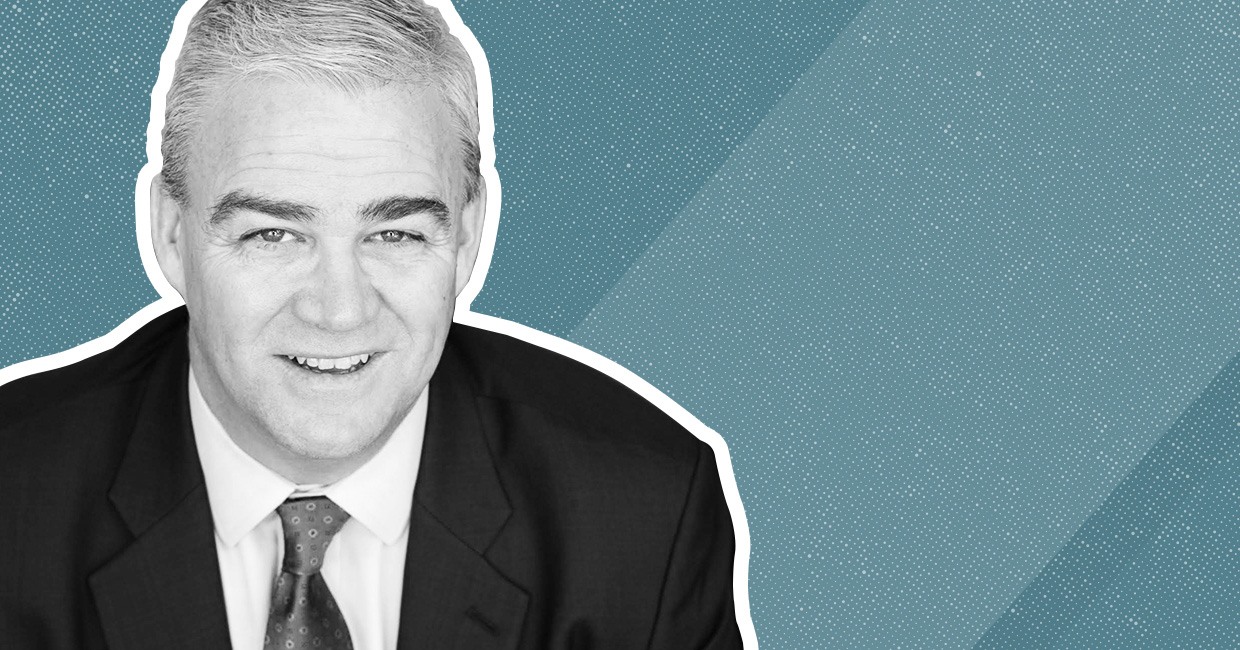The Proust Questionnaire was a parlor game popularized by French writer Marcel Proust. He believed that, by answering a few provocative questions, a person would reveal his or her true nature. In this series, we’ve asked a who’s who of M&A, private equity, finance, and legal professionals to provide short answers to our Proust Questionnaire for Dealmakers. Read on to hear what their candid responses reveal about themselves and the science and culture of dealmaking today.
Ashley Edwards is a corporate attorney in the St. Louis office of Husch Blackwell LLP. Having completed more than $60 billion in M&A transactions, Ashley represents private equity firms and strategic buyers and sellers. Although her clients span many industries, she primarily works in the consumer goods, manufacturing and pharmaceutical spaces.
Closely involved with the St. Louis Cortex community, Ashley also assists entrepreneurs and growth-stage private companies with legal matters ranging from corporate structuring to exit strategy. Ashley was named an IFLR1000 Rising Star 2018 for M&A law in Missouri.
TOUCHPOINT: Which words or phrases do M&A professionals most overuse?
AE: Something being “market.” The phrase has its utility, but because every deal is different and there is so much variation in terms, everyone ends up arguing that their position is “market.”
TP: As a teenager, Warren Buffet washed cars, delivered newspapers and placed pinball machines in local businesses. What was your first job and what, if anything, did it teach you about dealmaking?
AE: I worked at a kennel/pet hotel in high school. I can’t say I learned a lot about dealmaking, but I did learn the value of hard work and persevering through messy tasks (literally and figuratively).
TP: Are you positive about the outlook for M&A in the coming year?
AE: I’m cautiously optimistic. M&A has been booming for several years, but it is cyclical, which means it will slow down at some point.
TP: What is your greatest fear when you’re in the midst of a deal?
AE: I think everyone has the same basic fear: that they are missing something. Whether it’s a piece of information that is inadvertently missed or misinterpreted or something that is consciously unknown or being intentionally withheld, everyone wants to know they have all the information so they can make the best decision.
TP: What is the trait you most deplore in a client?
AE: Rudeness. Some people think being rude conveys strength or authority, and it can be easy to take things out on those ‘beneath’ you on the food chain in moments of frustration, so service providers like lawyers often bear that brunt. The best outcomes are always achieved when everyone treats each other respectfully.
TP: With so many moving parts, how do you keep deals moving and avoid bottlenecks and deal fatigue?
AE: Preventing deal fatigue with clients requires an M&A professional to utilize a combination of experience, organization, and communication. I often view my role as being a guide: I lead my clients through each step of the process, help them understand what comes next, and handle much of the nitty-gritty mechanics so they can focus on the business decisions and achieving the outcome they desire. Having a good relationship and communication with your client is essential so everyone has similar expectations, which can help them relax and avoid getting fatigued.
TP: Tell us about your biggest deal disaster (everybody’s got one)?
AE: We had one deal in which the majority seller (who was also the CEO of the target company) was extremely unsophisticated, but also played very fast and loose with facts and recordkeeping. There ended up being some inaccuracies (both intentional and unintentional) in the financials and accounting, resulting in issues post-closing. To make matters worse, the seller was defensive and combative with the accountants and business team when it came time to address those issues, so everything became a bigger headache than it needed to be.
TP: It’s called the IKEA effect – the tendency to place a disproportionately high value on things that you build yourself. How do you manage unrealistic valuation expectations from sellers who have spent years building their business?
AE: Lawyers don’t typically play a primary role in the initial valuation, but we certainly become more involved as the process moves forward. Building a solid relationship with a client is key because the client needs to trust you and the process as a whole. I also find a bit of empathy and acknowledgment can go a long way. Sometimes listening to the client – and more importantly, having the client feel heard – is enough for them to be able to get it off their chest and move forward.
TP: What do you consider the most overrated virtue?
AE: Being described as a “big picture” person. If it means “practical” or “strategic,” then it describes a valuable skill, but it can often be a euphemism for not paying attention to detail or not thinking through the logistics or consequences of a particular course of action.
TP: What do you consider your greatest achievement?
AE: Learning to walk and move again after some rare complications with the birth of my daughter left me unable to walk and forced me on bed rest. After that came many long months of physical therapy, but for someone who spends so much time using my brain in my professional life, accomplishing such a physical feat made me feel like a superhero.
TP: What’s your favorite thing to do when you’re not at work?
AE: My happy place is at home, laughing and hanging out with my family, dogs playing, music in the background. I also enjoy working out, usually spin classes or reformer Pilates.
TP: What is your most treasured possession?
AE: A piece of artwork I bought while living in Shanghai, China. It represents a very transformative time in my life that taught me resilience, independence and self-acceptance. Most of my favorite physical items in my home are things I got while traveling.
TP: What is your greatest extravagance?
AE: Travel. I used to travel quite a bit growing up, and I still have that desire to venture out and explore the world. In the past few years we have gone to Thailand, Greece, Mexico, San Francisco, Napa Valley, and Sedona, Arizona, and we always have a few trips in the works.
TP: Get out your crystal ball: What do you think the M&A advisory space will look like in 50 years? Will it even exist?
AE: Technology and automation will continue to take over certain tasks that humans currently do, but there will always be an intangible element that requires some human judgment and involvement.
